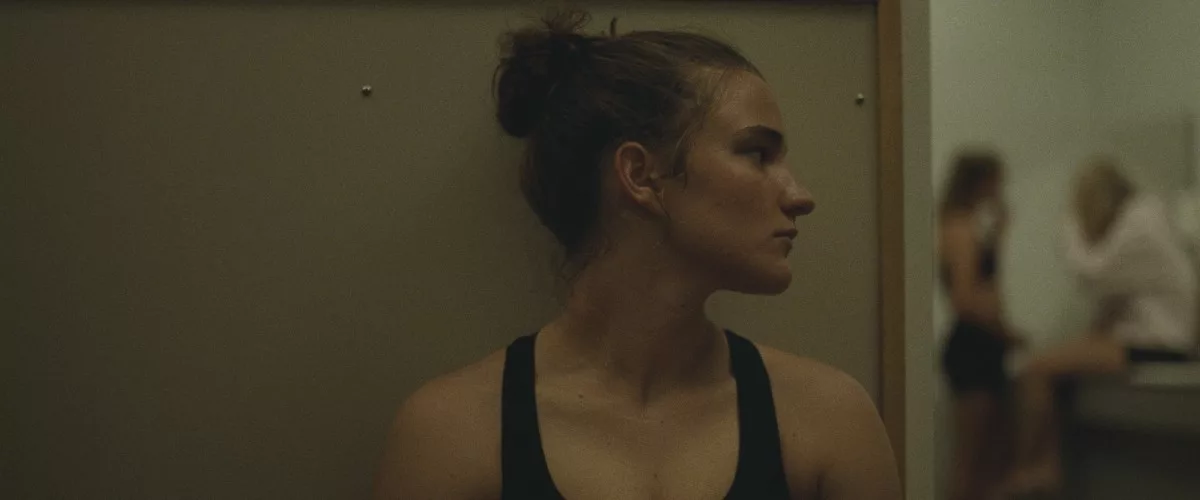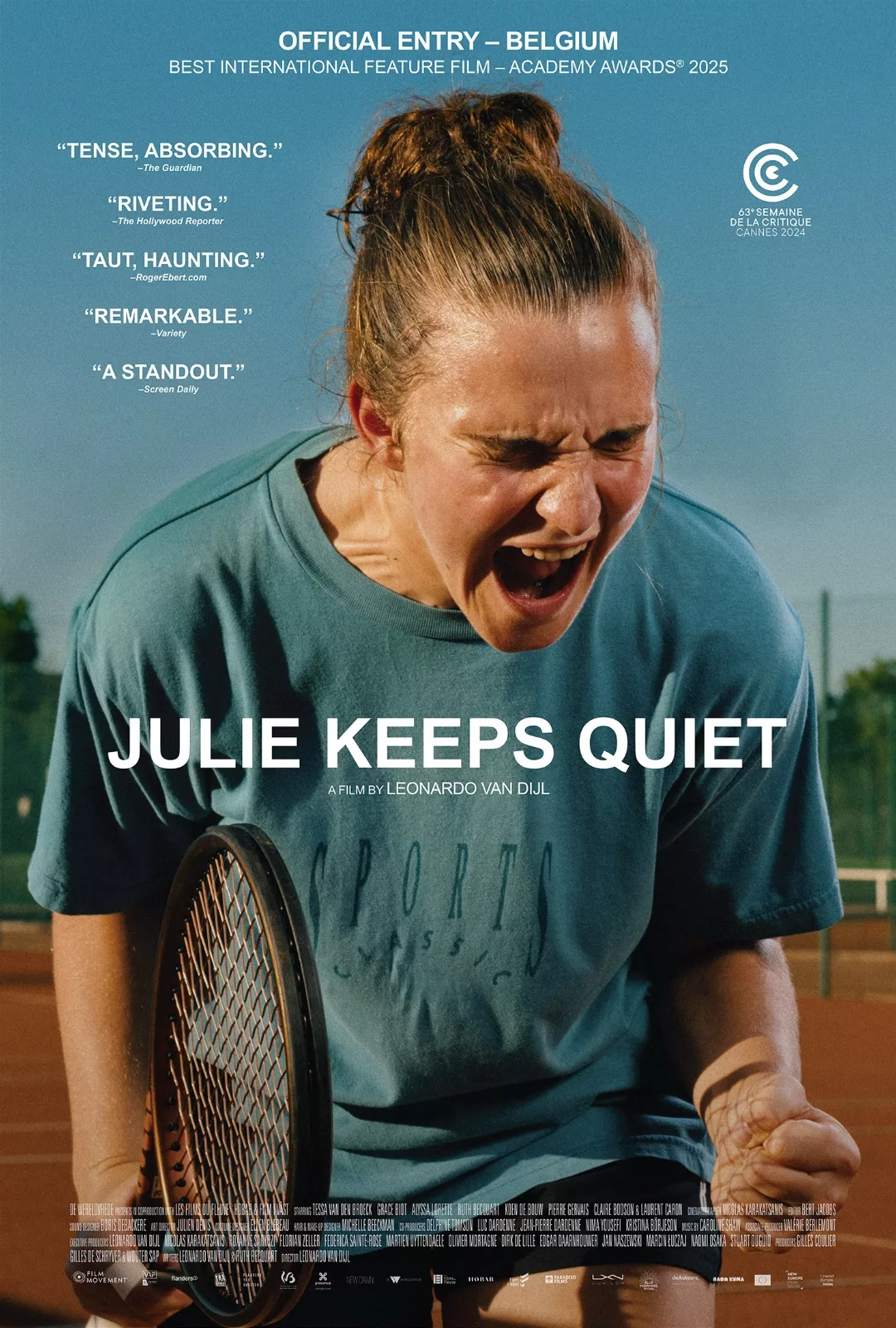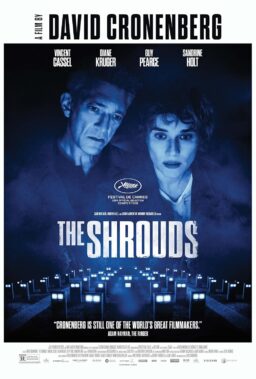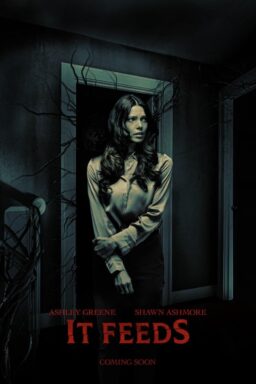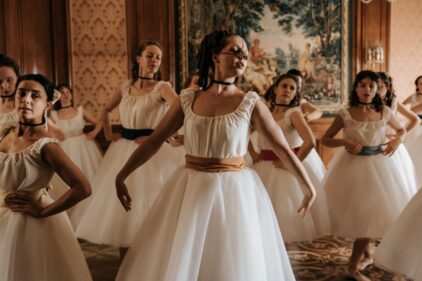Julie (Tessa Van den Broeck) is a focused athlete like few others her age. While the teens in her tennis club have their parents sign them up for more lessons and competitions, her skills landed her a scholarship and a number of hard-won matches. She’s on her way to joining the esteemed ranks of the Belgium Tennis Federation when her beloved Coach Jérémy (Laurent Caron) disappears. Another one of his students died by suicide under mysterious circumstances, and rumors began to swirl around his relationship with his young athletes. As Julie prepares for another major match, her past with her coach comes into question as other coaches and officials encourage members of her team to tell the truth about their relationships with Jérémy.
Leonardo van Dijl’’s “Julie Keeps Quiet” is more about what is left unsaid than what’s spoken. Co-written by van Dijl and Ruth Becquart, the film is a quiet drama about keeping secrets buried within and what happens when details finally come to light. We see Julie scramble to hide what happened to her in painfully lonely moments and when surrounded by loved ones. Even when she’s standing with teammates, sharing their thoughts and theories, Julie’s silence stands out.
Van Dijl’s feature film debut explores the suffocating agony of his main character’s silence. At times, it’s her defense system; at other moments, she’s at a loss for words, choosing instead to retreat from conversations and questions. The film also explores the pressures she puts on herself to push herself in her sport, almost as if to prove that nothing is wrong with her. The suspicions from her friends and parents increase throughout the movie as her silence grows louder and louder.
“Julie Keeps Quiet” can feel reserved to a fault. There’s no traditional scene of a big emotional breakthrough or waterworks. Almost everything is communicated through Van den Broeck’s restrained body language, her fearful eyes, her tense posture and a voice that grows softer when questioned. Her carries her character with determination–whatever her actions are, they are hers to make. In one chilling moment when Jérémy clandestinely meets Julie in a cafe–where if there was any doubt in the viewer’s mind about what transpired, he erases it with the panicked insistence of his innocence–Van den Broeck keeps Julie’s emotions below the surface where her coach can’t notice.
In a way, the lack of details about what actually transpired allows the focus of the film to remain on the survivor and her struggle to regain her voice. In some respects, “Julie Keeps Quiet” brings to mind Kitty Green’s stellar film “The Assistant,” which follows a young woman trying to do the right thing in a toxic workplace that protects its studio executive’s sexual abuses over the young women he preys on. Both films’ naturalism made the moments of silence feel realistically excruciating, and there’s a sense of helplessness weighing down their efforts to stop the abuse. In “Julie Keeps Quiet,” there is a corrective model in the character of Backie (Pierre Gervais), a coach who listens to his student and helps her the best way he knows how. He’s not perfect, and she resents him complimenting her skill to make her an example for the rest of the class, but he’s a world away from the manipulative previous coach.
Van Dijl and cinematographer Nicolas Karakatsanis tell Julie’s story on film, giving their movie deeper shades and shadows. Van Dijl’s framing enhances Julie’s feeling of isolation. Even when she’s playing other opponents, it looks like she’s playing against herself. He uses closeups to emphasize her silence in group settings, whether that’s at the dinner table with her family or outside of school on the playground, making her choice not to participate in conversations the only image we can look at. Composer Caroline Shaw underscores the film’s somber mood with a haunting chorus of women’s voices filling the void left in the wake of Julie’s silences.
It may be a challenge to depict the struggles of a character so committed to not talking about their problems, but van Dijl and Van den Broeck take a remarkably subtle approach to tell Julie’s story. This is a tricky and painful time for Julie to navigate knowing that staying silent and speaking out both have their complications, and we feel every weighted moment of uncertainty. People around her can see that she’s suffering but struggle to get her to open up. In that suspense, we too can see their pain and awkwardness. Silences are not always easy to depict in film, but in “Julie Keeps Quiet” these moments tell us so much with nary a word.

